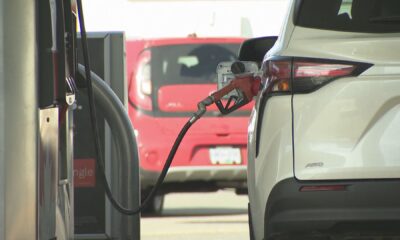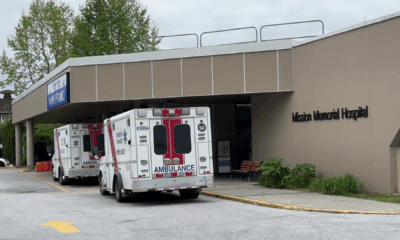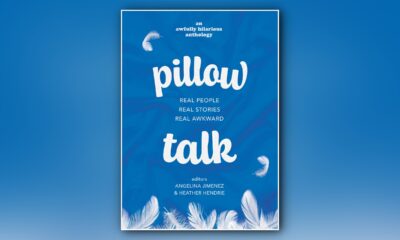Local News
Rise of the Conservatives as results in limbo

There’s no doubt the B.C. election showed us there is a major shift in political support across the province, and it’s been quite the Cinderella story for the BC Conservatives.
Four years ago, the party had less than two per cent of the overall vote. Fast forward to the present day and they nearly formed government.
There are a few reasons behind that, explains UBC political scientist Max Cameron.
He says the BC NDP’s campaign simply wasn’t good enough and it seems like leader David Eby rested on his laurels.
“It was not impressive. They didn’t make any major mistakes, I’ll give him credit for that. But they didn’t have a battle cry,” Cameron explained.
“When you go into an election, you’ve got to give people a reason to vote for you. Sometimes what you need in an election is one or two things that capture the imagination of the public and tells them what you’re going to do.
“It’s not just that you’re going to continue to manage things well or better than the opposition, but what are some new things that you’re going to do in the next three or four years that will really make a difference. You don’t want people to vote for you because they don’t like the opposition, even though they’re not sure you’re offering them much in return.”
Cameron adds the NDP made a lot of promises but with little substance to back it up.
He says some voters may have cast a ballot for the Conservatives because they assumed there was a link to the federal Conservatives, as that brand picked up steam across the country. Younger voters, frustrated with issues like unaffordability, took out their angst on the NDP. The BC United Party imploding also helped prop up the Conservatives and overall fatigue with incumbents.
“I think a few months ago the assumption was that David Eby would sail to victory with another majority government and that hasn’t happened because the vote on the right was unified.”
Cameron points out the results, so far, of the election didn’t take him by surprise.
“It’s more deja-vu, than surprise, I guess.”
He’s alluding to what happened during the 2017 provincial election when no party had a majority, the then-Liberals failed a confidence vote in the Legislature, the government fell and the BC Greens struck an agreement to help prop up the NDP.
Cameron thinks things would have been “grim” had Conservative Leader John Rustad become premier. A man who, on election night, vowed to bring down a minority government.
He cautions the next few years will be divisive, polarizing, and rocky in Victoria.
“The Conservatives are not about to collaborate with the NDP in government and with a margin that narrow, you need every vote on every matter of confidence. Every budget, every issue that is a government initiative, [is] a confidence initiative. You lose one of those votes and the government can fall,” he explained.
“That makes governments highly responsive. It’s actually one of the reasons why I like minority governments, because I think it forces governments to be very disciplined in how they approach governing and really thinking at every point, ‘If we go down with this issue, can we fight in it an election and win?’”
Cameron expects the NDP and the Greens to potentially strike a supply and confidence arrangement and thinks Green Leader Sonia Furstenau, who lost her seat, will help guide negotiations.
There are still some ballots that need to be counted from Saturday’s final voting day. Elections BC says the final count will run from Oct. 26 to 28.












